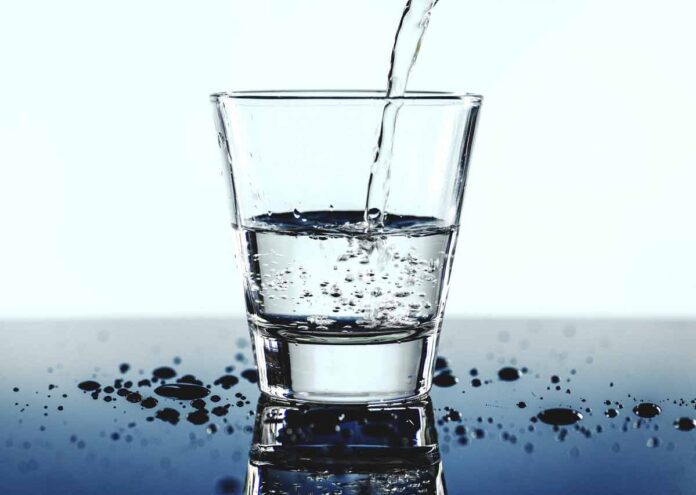A new study involving thousands of people reveals a wide range in the amount of water people consume around the world and over their lifetime. It casted doubt on the oft-repeated notion that eight, 8-ounce glasses of water meet the human body’s daily needs.
That is not to say that the new findings imply a change in policy. The study was published today in the journal Science. It measured the water consumption of over 5,600 people aged 8 days to 96 years old from 26 countries. And discovered daily average values ranging from 1 litre per day to 6 litres per day.
Previous water turnover studies relied heavily on volunteers remembering and self-reporting their water and food consumption. Or on targeted observations—say, of a small group of young, male soldiers working outdoors in desert conditions. These were of dubious utility as representative of the majority of people.
The new study objectively measured the time it took water to move through the bodies of study participants by tracking the turnover of “tagged water.” Participants in the study drank a predetermined amount of water containing traceable hydrogen and oxygen isotopes. Isotopes are atoms of the same element with slightly different atomic weights. It allow them to be distinguished from other atoms of the same element in a sample.
The study included more than 90 researchers, including Yosuke Yamada, a former UW-Madison postdoctoral fellow in Schoeller’s lab who is now department head at Japan’s National Institute of Biomedical Innovation, Health, and Nutrition, and John Speakman, professor of zoology at the University of Aberdeen in Scotland. They gathered and analysed data from participants. And compared environmental factors such as temperature, humidity, and altitude of participants’ homes with measured water consumption, energy expenditure, body mass, gender, age, and athlete status.
The researchers also included the United Nations Human Development Index. It is a composite measure of a country that combines life expectancy, education, and economic factors.
The volume of water turnover peaked in men in their 20s. While women plateaued between the ages of 20 and 55. However, newborns metabolise the majority of it every day, replacing approximately 28% of the water in their bodies each day.
Physical activity level and athletic status explained the majority of the differences in water turnover. It is followed by gender, Human Development Index, and age.
In terms of water consumption, men and women differ by about half a litre. The study’s findings assume that a 20-year-old male non-athlete (but otherwise of average physical activity), weighing 70 kg (154 pounds), living at sea level in a well-developed country with an average air temperature of 10 degrees C (50 Fahrenheit) and a relative humidity of 50% absorbs and loses about 3.2 litres of water every day. A woman of the same age and activity level, weighing 60 kg (132 pounds), and living in the same location would consume 2.7 litres of water (91 ounces).
According to the researchers, doubling a person’s energy expenditure increases their expected daily water consumption by about a litre. A 50-kilogram increase in body weight adds 0.7 litres per day. A 50% increase in humidity causes a 0.3 litre increase in water consumption. Athletes consume approximately one litre more water than non-athletes.
The researchers discovered that “hunter-gatherers, mixed farmers, and subsistence farmers” all used more water than people in developed countries. Overall, the lower your home country’s Human Development Index, the more water you use per day.
According to Schoeller, the measurements will improve our ability to forecast future water needs more accurately, especially in difficult circumstances.
The researchers believe that the better we can anticipate long-term needs and even detect short-term health concerns, the better.

